10 producteurs de vin britanniques à connaître en 2025
16.06.23
•5 min read
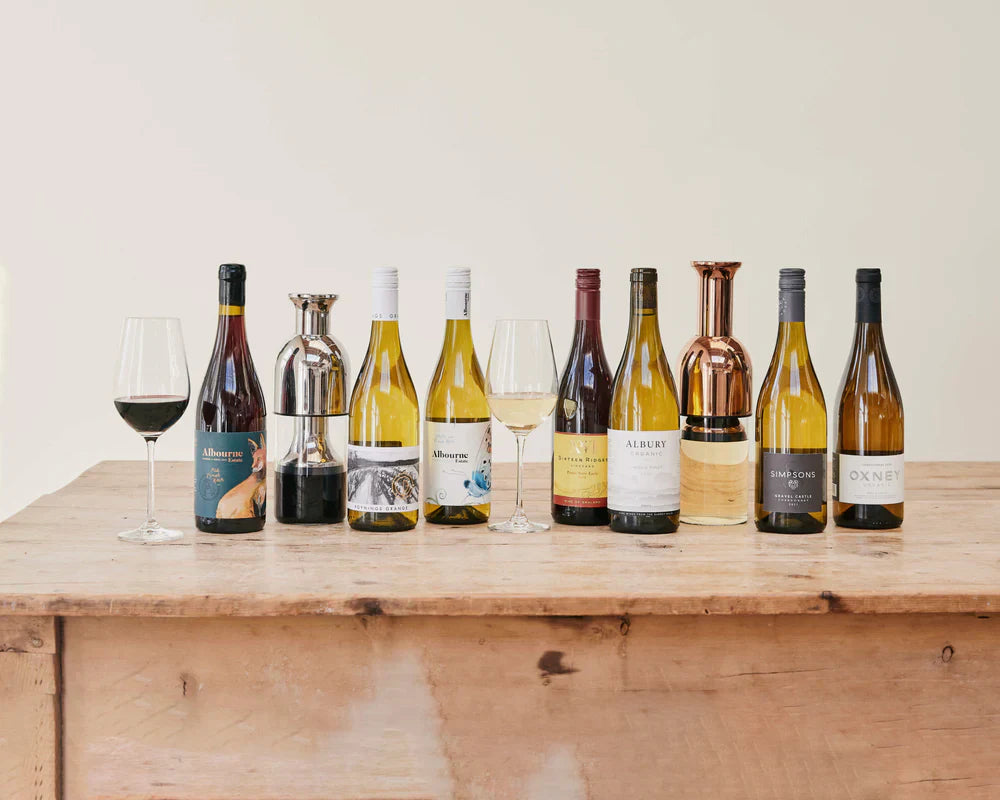
Vous possédez un compte ?
Connectez-vous pour payer plus vite.
16.06.23
•5 min read

Il fut un temps où l'on vous jetait un regard d'horreur à moitié caché si vous offriez à votre hôte une bouteille de vin anglais. Puis le climat s'est réchauffé, les viticulteurs locaux sont devenus plus avisés et, soudain, le vin anglais a remporté des prix internationaux et s'est attiré les faveurs d'un nombre croissant d'amateurs dans le pays et à l'étranger.
Cela a commencé avec le vin mousseux. Basé dans le Kent, Chapel Down est le plus grand producteur de vin du Royaume-Uni (qui a justement un stock d'ETO dans son magasin). La plupart de ses vignobles se trouvent dans les North Downs, et avec des sols crayeux orientés vers le sud qui offrent un terroir similaire à celui de la région du champagne, il n'est peut-être pas surprenant que leurs vins mousseux aient été si bien accueillis.
Mais les producteurs de vin britanniques ne se sont pas arrêtés là. Le climat continuant à se réchauffer, ils ont utilisé leur savoir-faire pour améliorer la complexité et la qualité des vins tranquilles. Alors que les cépages Bacchus et Seyval poussent traditionnellement bien, les producteurs ont introduit de nouvelles variétés telles que le Chardonnay, le Pinot Noir et le Pinot Meunier, qui s'harmonisent avec le sol riche en craie. Leurs efforts ont porté leurs fruits. L'industrie viticole anglaise est à la fois florissante et en pleine expansion.
À l'occasion du début de la Semaine du vin anglais, nous vous présentons quelques-uns de nos producteurs anglais préférés afin de vous aider à choisir les vins à essayer.
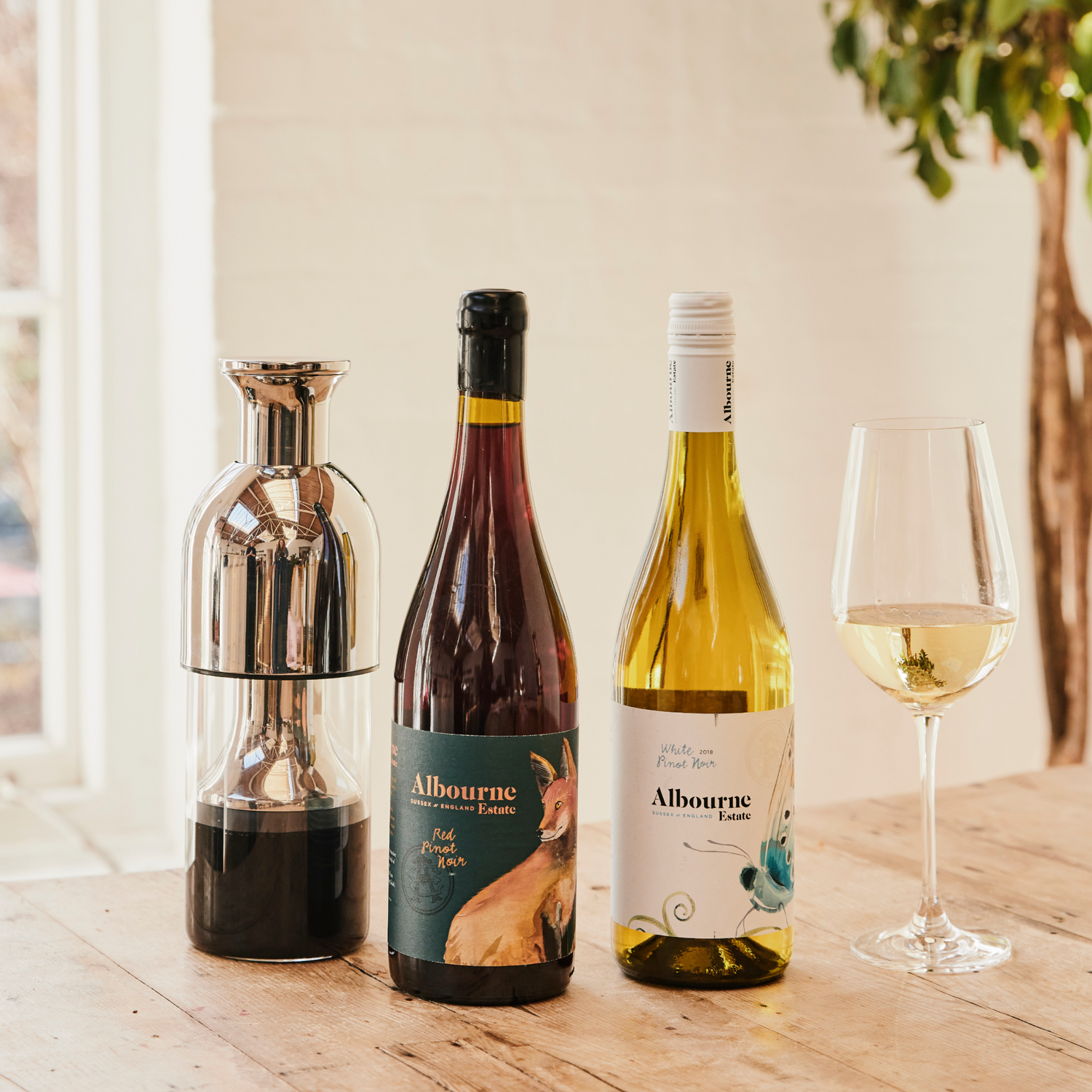
ALBOURNE ESTATE, SUSSEX
Tucked away in Thakenham is Kinsbrook. Founded in 2017 by England’s youngest vineyard owners – Joe Beckett, third-generation farmer who was inspired by New Zealand’s wine tourism culture, and Rebecca Dancer, bringing a fresh, hospitality-led approach to English winemaking. Their signature ‘field blend’ combines six grape varieties in one bottle, capturing the highs, lows, and weather of each year. It’s wine as storytelling — best enjoyed upstairs in their farm-to-table restaurant overlooking the vines.
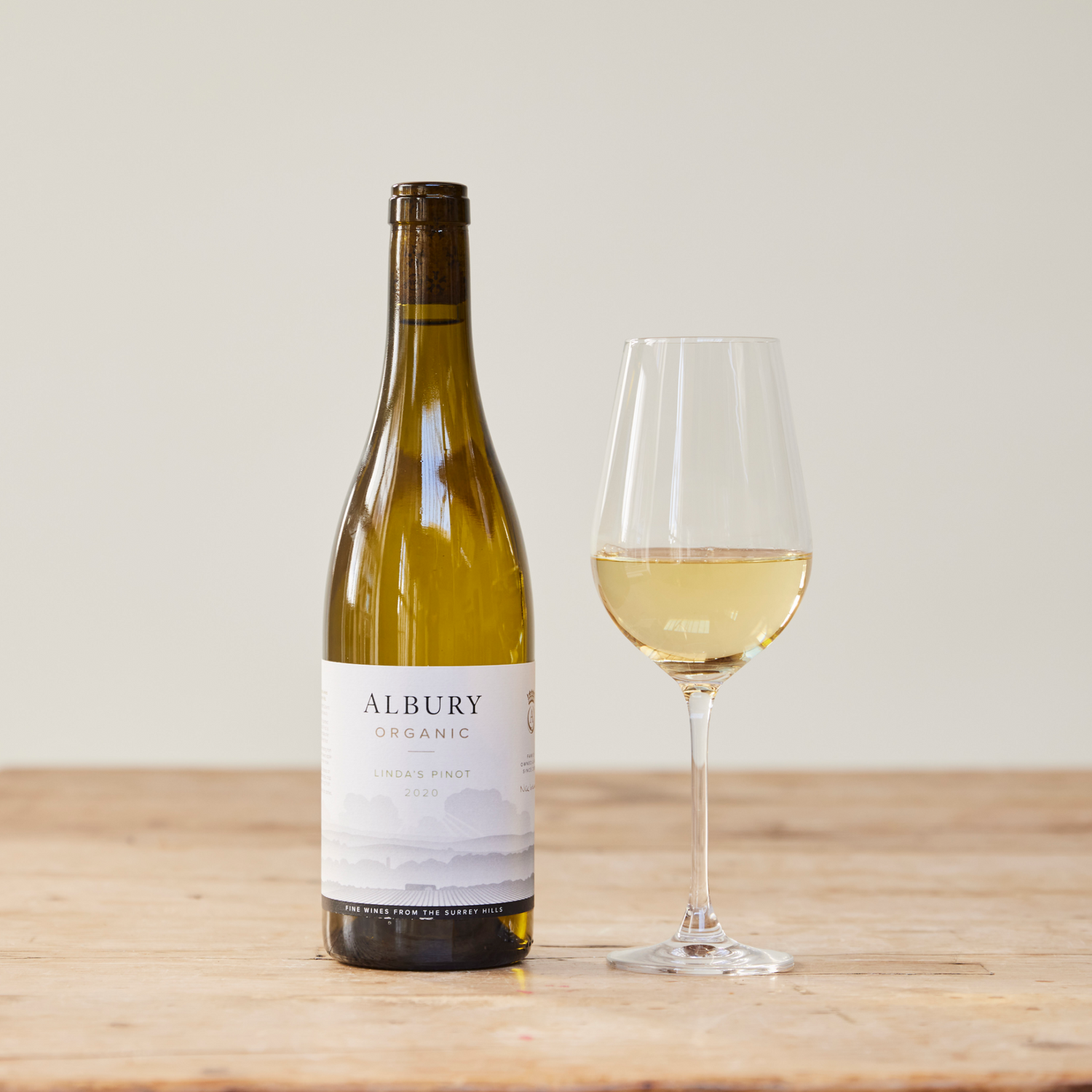
Vignoble biologique d'Albury, Surrey
While Sugrue may be best known for shaping the trajectory of English sparkling, what Dermot and Ana Sugrue are doing today goes beyond bubbles. What began as a personal side project—alongside Dermot’s work at Wiston—has grown into one of the most distinctive voices in the South Downs. Take Dear Noodles Rosé, a bold, full-bodied take on English pink—dry, complex, and made with intention. Its label (or lack thereof) nods to a more playful, defiant spirit: a love letter to wine that doesn’t try to fit in.
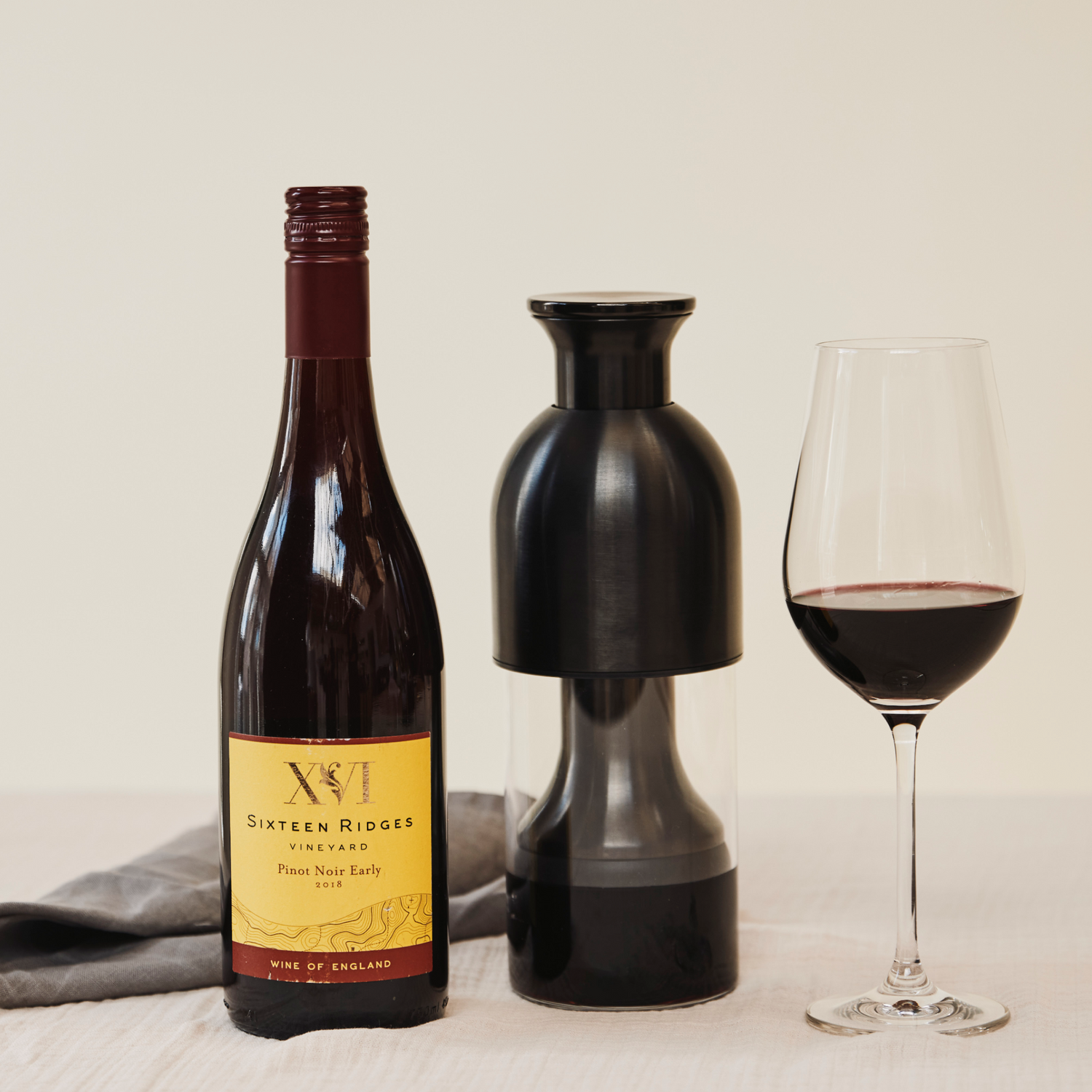
Sixteen Ridges, Herefordshire
Low-intervention winemaking meets creative freedom honed in by music at Westwell, tucked into the chalky folds of the North Downs. Everything is grown and made on site, from amphora-aged Ortega to skin-contact Pinot Noir. Founder Adrian Pike — once in the music world — brings a quietly experimental spirit to the vineyard. Even their winemaking club feels open and democratic. There’s a clarity to Westwell’s philosophy: plant carefully, listen to the land, let the fruit lead.
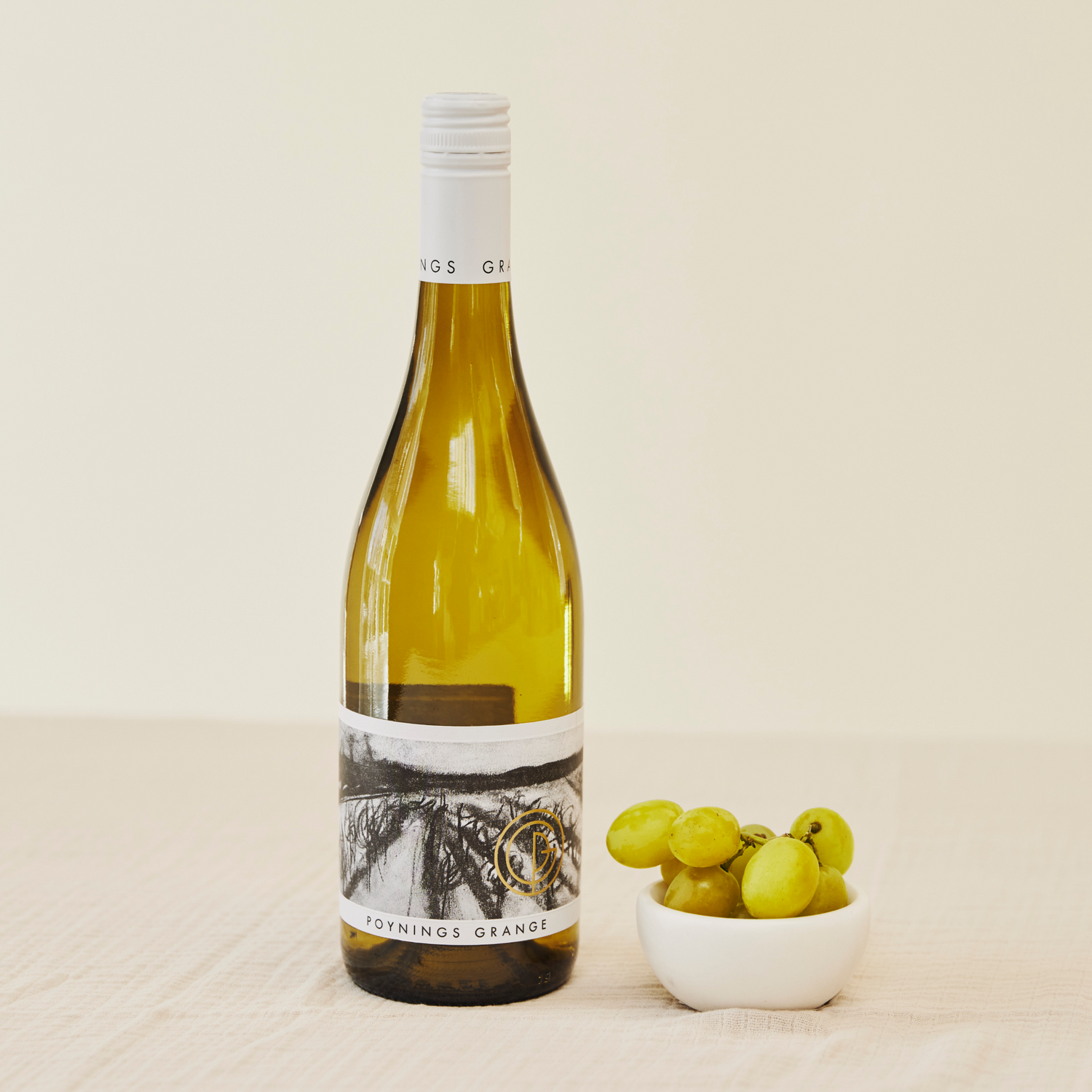
Poynings Grange, Sussex
After a decade making wine in southern France, Ruth and Charles Simpson brought their philosophy home. Their Kent vineyards — Roman Road and Railway Hill — produce wines with structure and elegance. Their Roman Road Chardonnay is a great example: mineral, focused, and expressive of the chalk seam that links Kent to Burgundy.
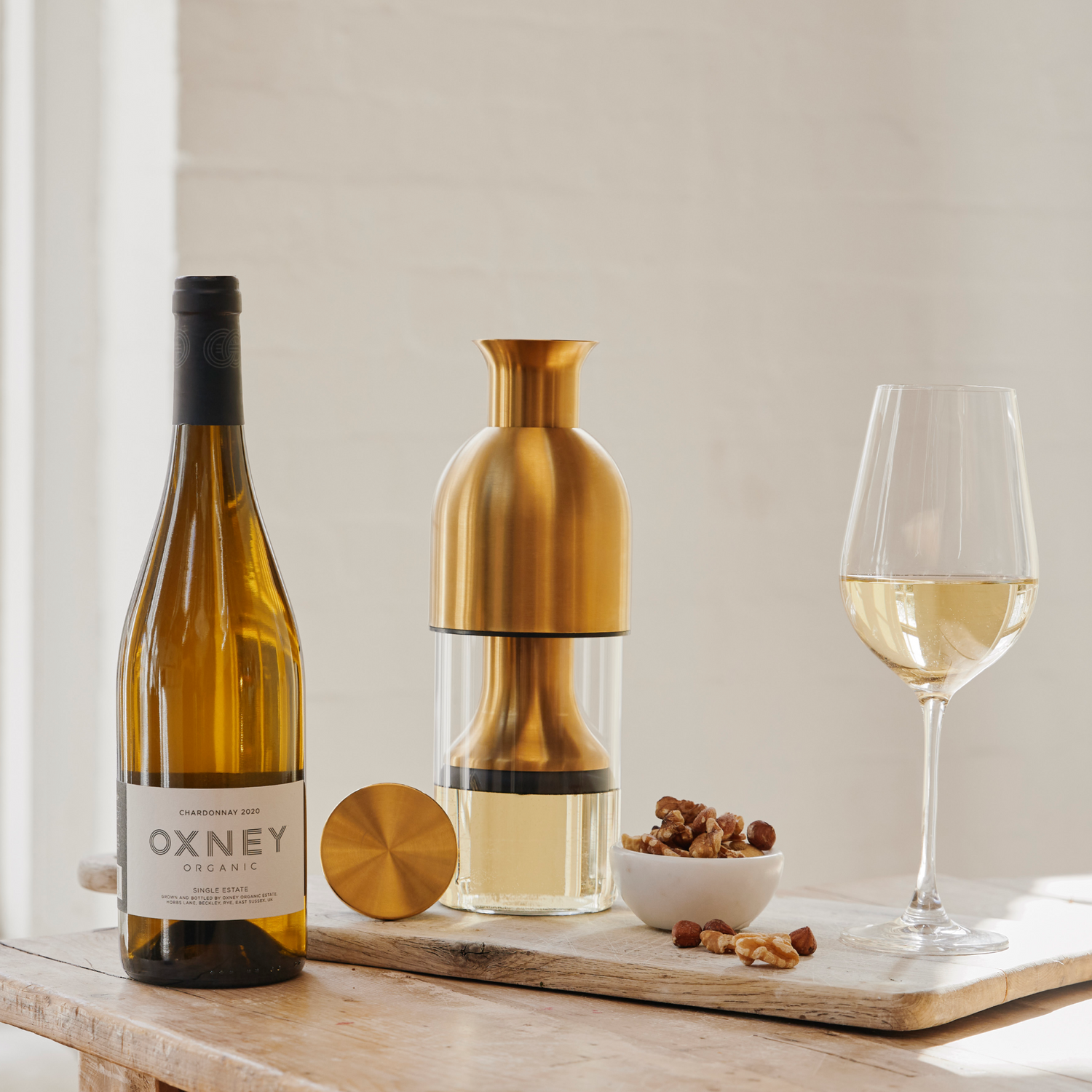
Oxney Estate, Sussex
One of the UK’s longest-established vineyards, Camel Valley in Cornwall started life as a hunch — and has since become a benchmark. Bob and Annie Lindo swapped sheep farming (and RAF life) for vines in 1989, and today their son Sam leads the charge with a fresh, thoughtful style after spending some time in New Zealand. The Bacchus Dry is zesty and coastal; Atlantic Dry is floral and rounder. Easy to love, and unmistakably Cornish.
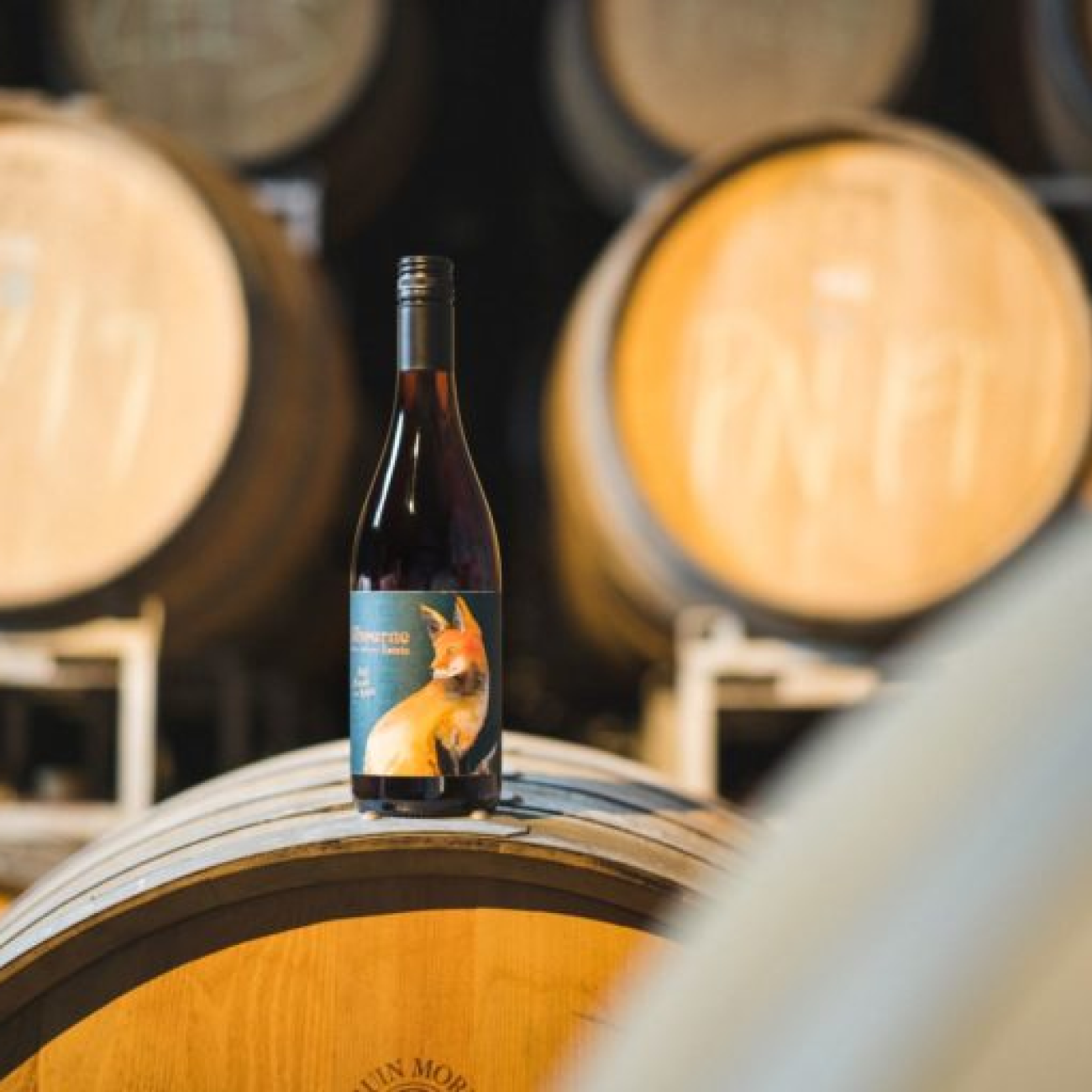
ALBOURNE ESTATE
Just eight miles from Brighton, Albourne is a boutique vineyard producing cool-climate still wines, including some excellent white and red Pinot Noirs. Sustainability is baked into the estate — it’s run on green energy and aiming for carbon neutrality. The winemaking here is precise and unfussy, with a growing fanbase among those who like their wine understated and well-made.
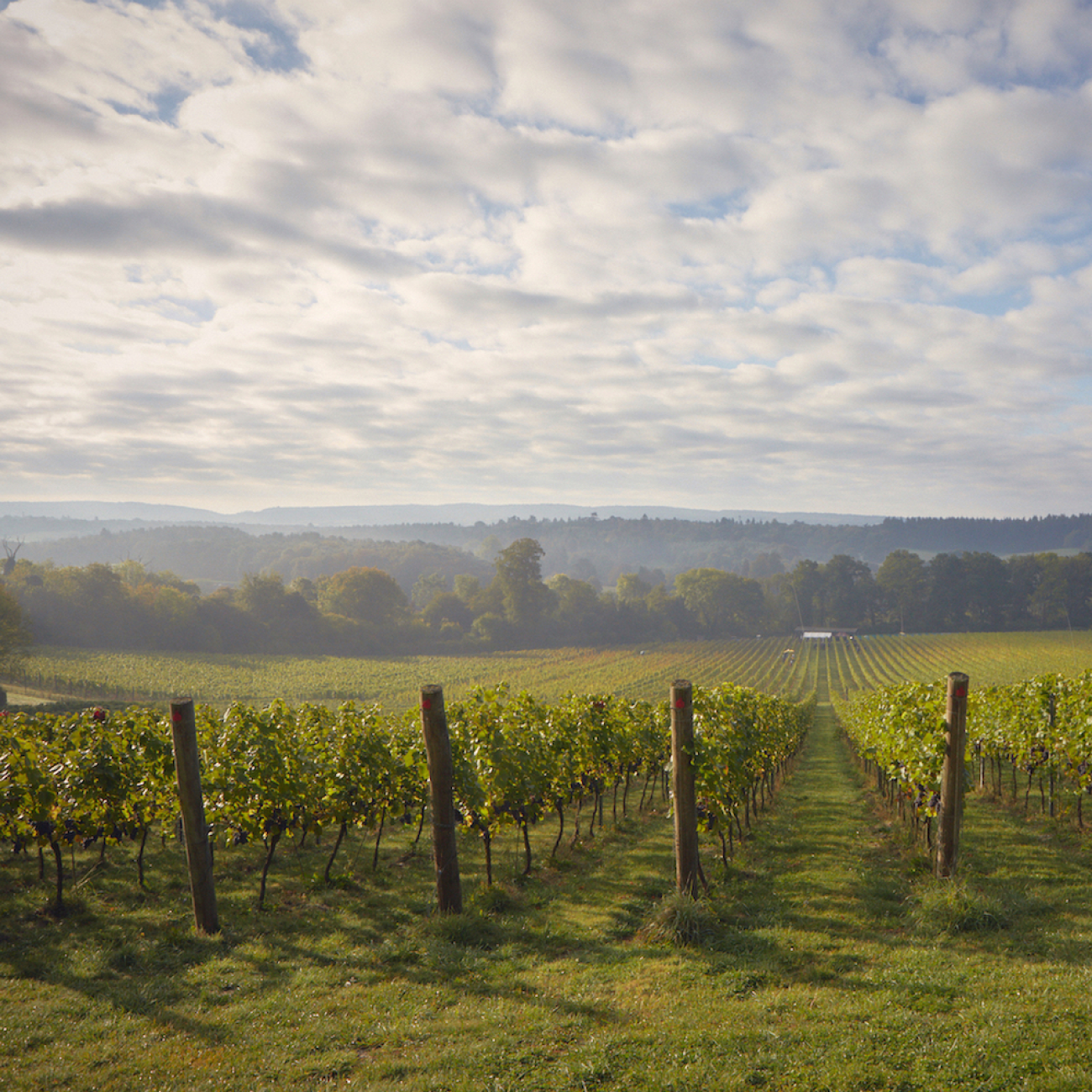
ALBURY ORGANIC
Albury Vineyard, nestled in the Surrey Hills, has been organic and biodynamic since day one, with founder Nick Wenman turning the place into a haven for bees, birds, and even the occasional frog. Between glasses of crisp organic fizz, you might catch local beekeeper Sergio in action. While bubbles are their specialty, two stills stand out: Linda’s Pinot, a delicate white made from dusky pink Pinot Gris grapes planted for Nick’s wife, and the Silent Pool Rosé—a dry, elegant pour with strawberries-and-cream notes.
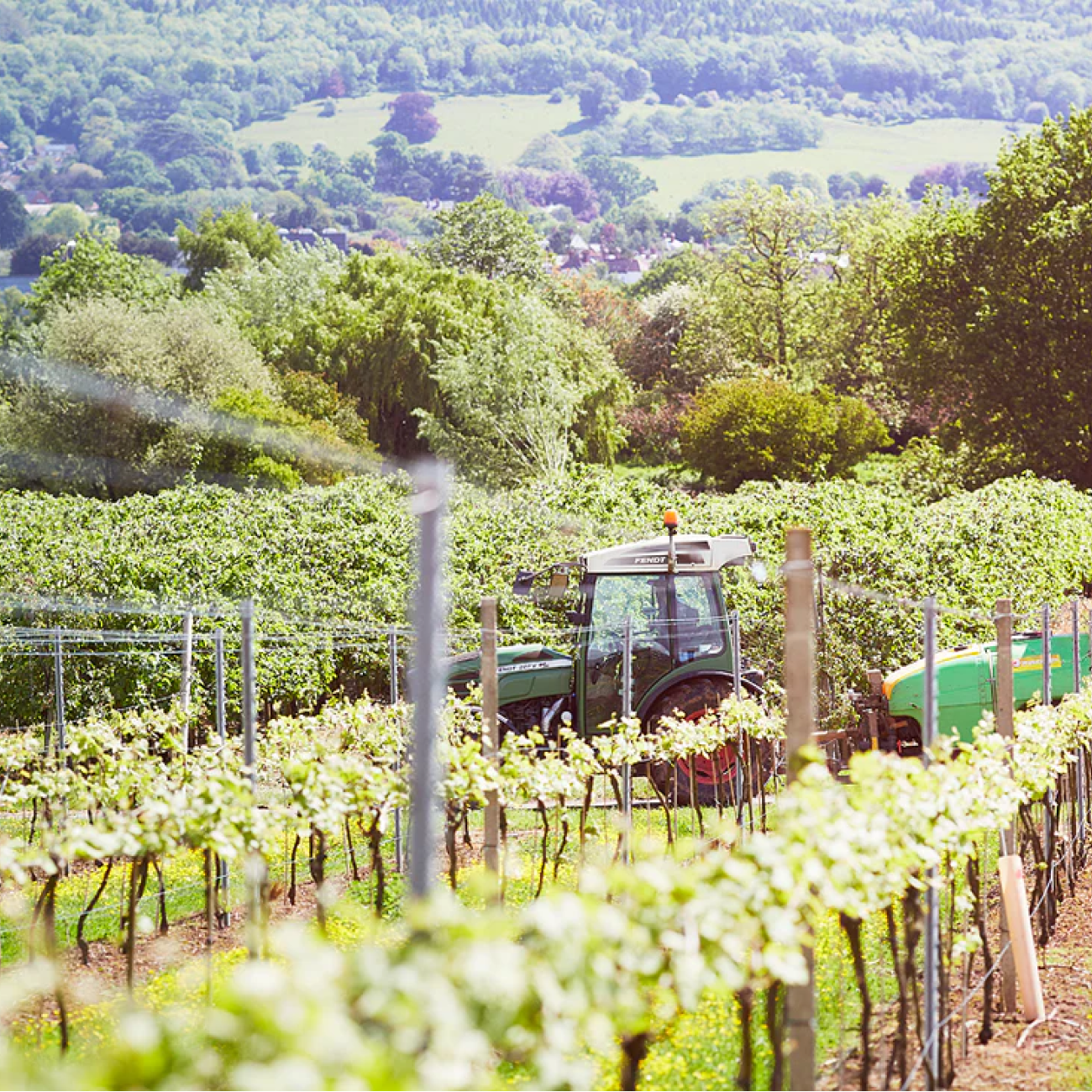
sixteen ridges
Set near the Malvern Hills, Sixteen Ridges is known for its early-ripening Pinot Noir. Award-winning winemaker Simon Day takes an experimental approach, honed through his work in both wine and cider. The Early Pinot Noir is a favourite: soft spice, generous fruit, and perfect with slow-roasted lamb.
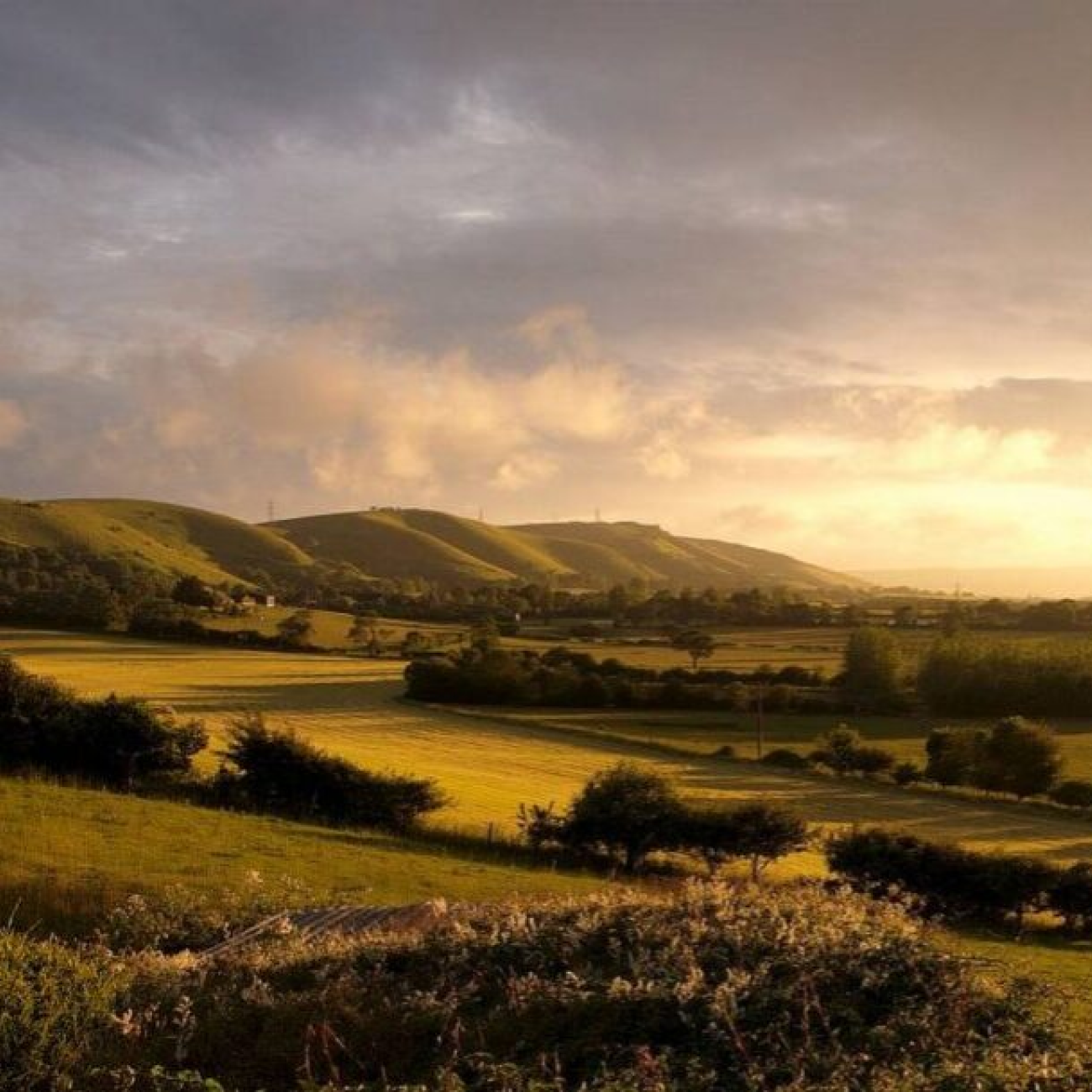
POYNINGS GRANGE
A small vineyard near Brighton producing just a few hundred bottles a year — and well worth seeking out. Their Bacchus is made from grapes planted in 2010, and the rare 2018 vintage (from a bumper crop) was aged longer than usual, resulting in unexpected tropical notes of pineapple and lychee.
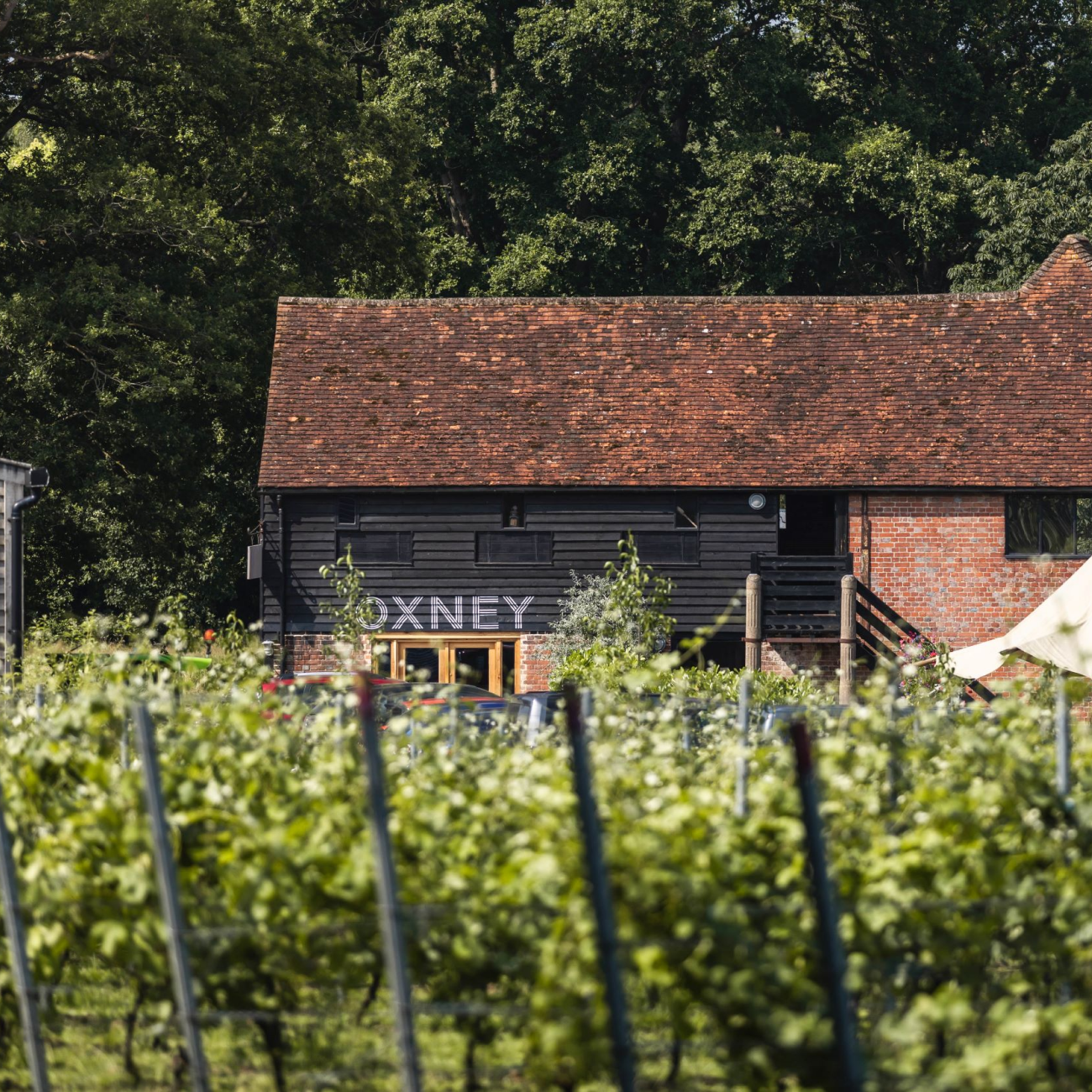
OXNEY ESTATE
A small vineyard near Brighton producing just a few hundred bottles a year — and well worth seeking out. Their Bacchus is made from grapes planted in 2010, and the rare 2018 vintage (from a bumper crop) was aged longer than usual, resulting in unexpected tropical notes of pineapple and lychee.